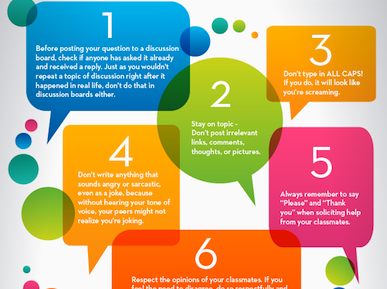

Cursing, name-calling, racial slurs, and deliberately inflammatory opinions should all be avoided. It’s perhaps easier to answer that question by pointing out examples of disrespectful language. Unfortunately, far too many people take advantage of the anonymity the internet provides to use terrible language that they would never use in real life.īy using respectful language, you treat everybody you speak to with the same respect you’d expect from them.

Hate speech has no place in respectful conversations. Second, tagging and quoting allow the message’s original sender to see that you’re talking to them.īy doing this, you avoid miscommunication by ensuring nobody can mistake a message you intend for another person as one you’re sending to them. Many online platforms also allow you to tag the person you’re responding to as you quote them.įirst, it ensures that everybody involved in the conversation knows what your response refers to. The best example of context in online communication involves quoting the person that you’re responding to. Including context is the key to avoiding this issue. If the online environment is especially busy, your response to another person may get lost in several other responses. A lot of people are communicating at the same time, which can make conversations difficult.

Let’s imagine that you’re in a chat room or online forum. By following these examples, you ensure you communicate with the same respect that others show you and avoid misunderstandings. Now that you understand the basics of netiquette, it’s time to look at some netiquette rules and examples. It enables you to use that power effectively by helping you write messages and posts that communicate your intent without hurting or offending anyone. Ultimately, netiquette emphasizes that your words have power. By following these rules to govern online behavior, people can identify issues like cyber bullying and ensure they’re speaking to real people with the respect they deserve. Netiquette is also essential for maintaining social values on the web. In others, they end in flame wars that result in people arguing online. In some cases, these miscommunications can be solved with a simple private message explaining the issue. If you fail to observe good netiquette, you open the door for miscommunications with other people. Your words are your only form of communication so you have to be careful with them. You don’t have that luxury when writing messages on the web. With in-person social interactions, you can communicate subtext and meaning through your body as well as your words. Netiquette came into being because of the lack of something that’s present in all face-to-face conversations: With good netiquette, you ensure acceptable online behavior in your messages, social media posts, and all written communication with other internet users. Also known as internet etiquette, online etiquette, and network etiquette, netiquette is about the rules you follow in the online world.


 0 kommentar(er)
0 kommentar(er)
